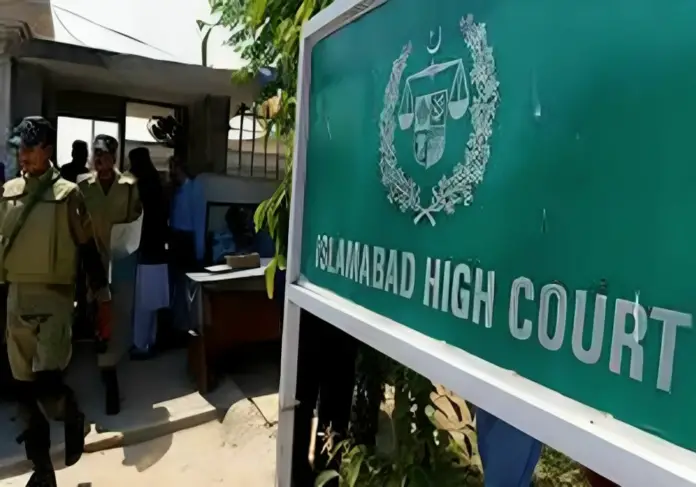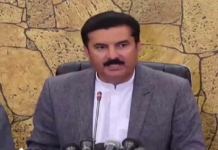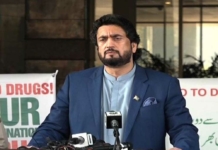In the cipher conviction appeals by PTI founder Imran Khan and former foreign minister Shah Mahmood Qureshi, the Islamabad High Court wondered why the Federal Investigation Agency (FIA) was probing former prime minister Imran Khan and foreign minister Shah Mehmood Qureshi for not returning the diplomatic cipher, while sparing other recipients who did the same.
At the outset of the hearing, Justice Miangul Hassan Aurangzeb — a member of the IHC division bench headed by Chief Justice Aamer Farooq — made the observation during the hearing of appeals filed by Mr Khan and Mr Qureshi against their conviction in the cipher case.
Defence counsel Barrister Salman Safdar argued that the confidential diplomatic cable, at the heart of the cipher trial against the two PTI leaders, was sent to eight top offices, including the president, PM’s principal secretary, foreign secretary, army chief, director general of Inter-Services Intelligence, chief justice of Pakistan and cabinet secretary.
Justice Aurangzeb wonders why ‘pick and choose’ approach applied, other recipients of cipher not issued notices by FIA
However, he added, none of the recipients returned the diplomatic cable to the Foreign Office when the inquiry commenced in October 2022.
According to the counsel, the FIA could have issued notices to the then-army chief, Senate chairman and other recipients, but the agency had only nominated Mr Khan and Mr Qureshi in this case.
During the hearing, Barrister Safdar presented a letter of the foreign ministry that documented the movement of the cipher. According to it, most of the recipients held on to their copies for well over a year and only returned them once the proceedings against the ex-PM and his foreign minister were formally underway. Justice Aurangzeb questioned whether the FIA was cognisant that the other recipients did not return the copies.
Barrister Safdar replied in the affirmative, saying the FIA was required to issue call-up notices to all recipients.
Justice Aurangzeb asked him to explain the reasons for which the investigation agency went after the two recipients while sparing others.
Barrister Safdar replied that it showed the “selective prosecution, political victimisation, colourable exercise of power and defective investigation”.
Justice Farooq observed that apparently it was a “pick and choose” and asked for the legal precedents in such cases.







